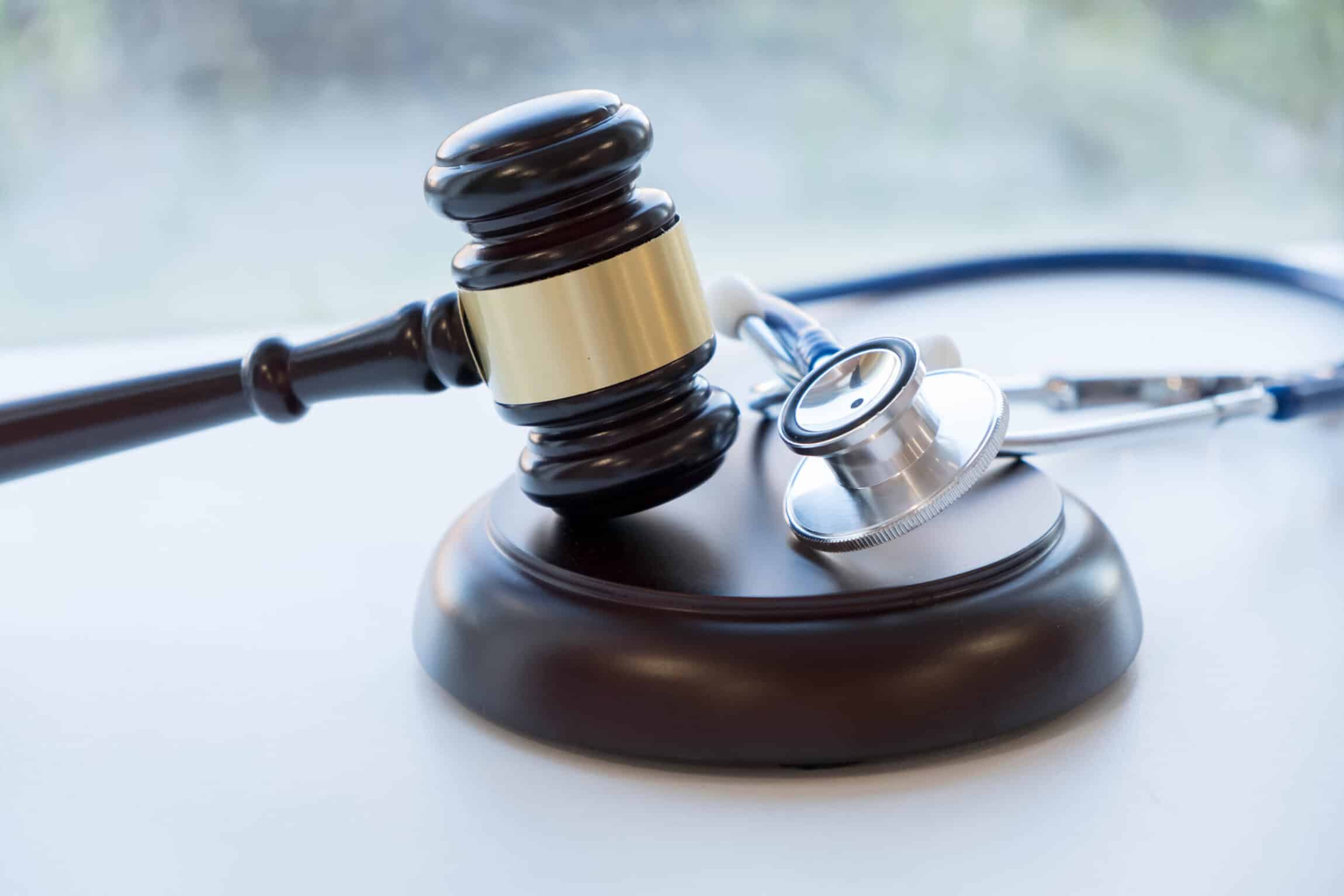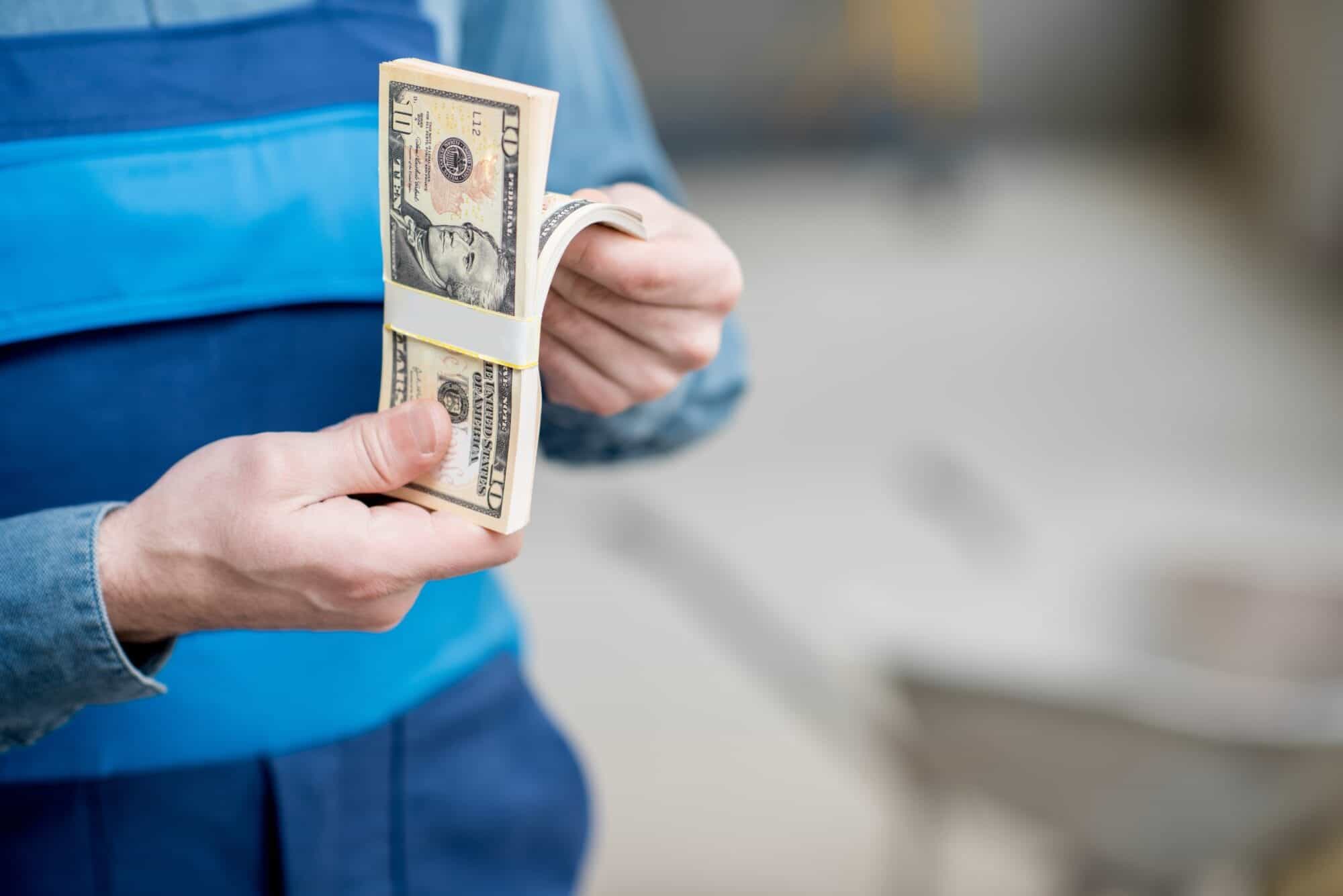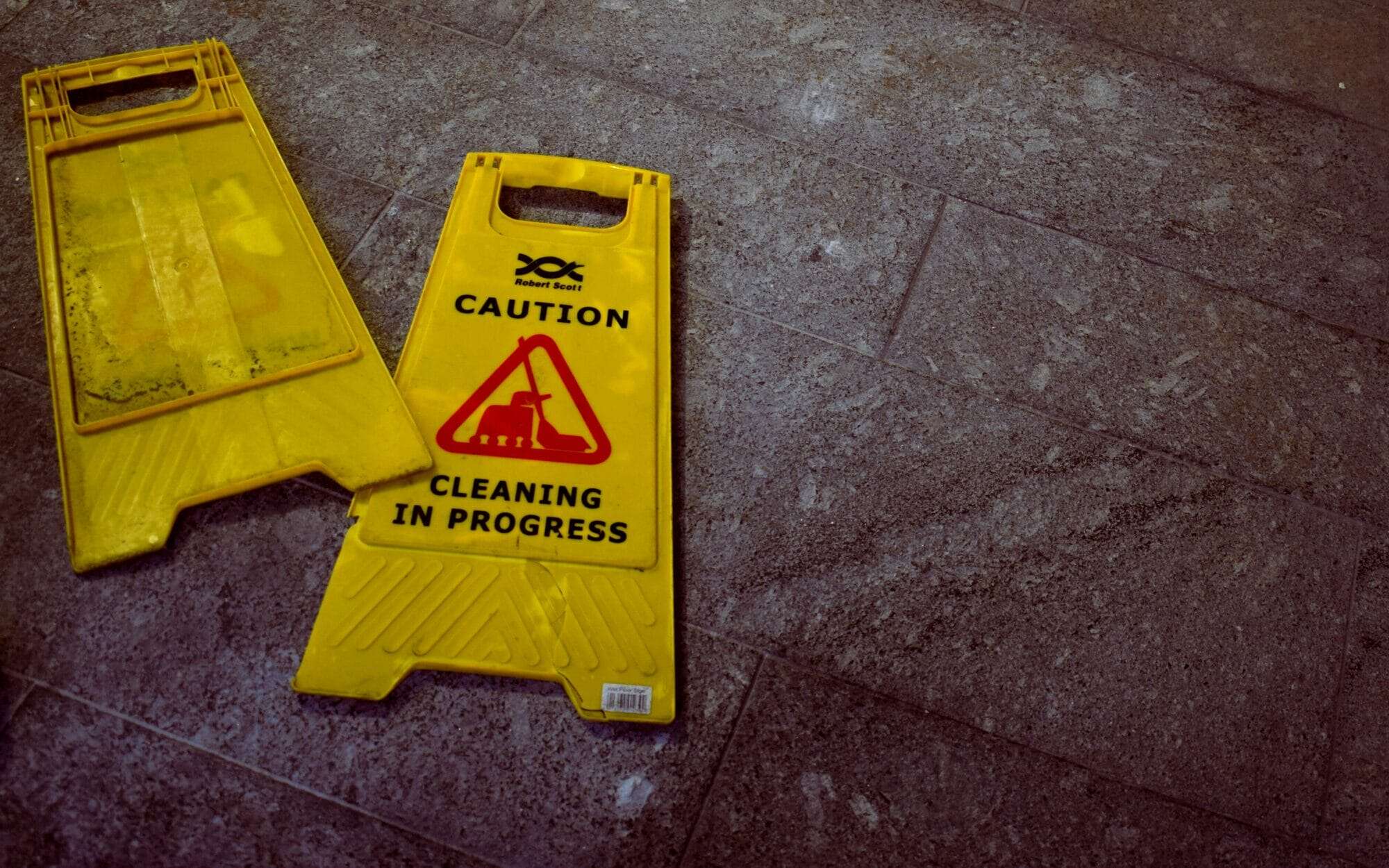Personal or business reputations are highly delicate and take years of hard work to build. If your reputation is damaged, it can impact your chances of success, whether you are an individual or a business. Unfortunately, your reputation is susceptible to multiple kinds of risks with varying results. Unfair or malicious allegations can do irreparable damage to your public image and wreck your business or career.
If you have suffered reputational damage due to mistakes and actions of third parties, you could be entitled to compensation. The skilled and knowledgeable personal injury lawyers at Renfro & Renfro, PLLC can help bring a defamation lawsuit to recover all your damages. Contact us today to learn more.
What is considered reputational damage?
Reputational damage is a loss that impacts the excellent standing of your person or business and negatively affects your relationship with others, including consumers, partners, family, electorates, and more. The damage can be a loss of financial capital, social capital, or market share. In business, reputational damage is often measured in lost revenue, increased operating expenses, enhanced capital costs, or destruction of shareholder value.
Five Examples of Damage to Reputation
The following are several examples of reputational damages:
1. Social Media Posting
If you are in business, you know the role that social media plays in connecting you with your customers. Social media can be a great way to promote your services and products to the target audience directly. However, social media has a dark side that can quickly become a double-edged sword. Someone can use social media to post something untrue or completely made up about your business to others. They can also post damaging lies about you, your employees, or your products and services on social media platforms. All of these actions fall under defamation, which can injure your reputation.
2. Data Breach
Leaks of customer personal information can adversely damage your company’s reputation as untrustworthy and unprofessional. This will likely cause an exodus of current customers and scare off new ones. Data breaches can also lead to lawsuits, fines, and penalties. Studies reveal nearly 60% of companies affected by a data breach are likely to close shop due to reputational damage.
3. Employee Misconduct
Employees and other business representatives can cause reputational damage by engaging in bad practices. Unethical conduct and any actions that result in business leaders or brands gaining a bad reputation can amount to reputational damage. Additionally, misconduct towards clients, poor representation of the brand, and negative social media post against a brand can also qualify as reputational damage.
4. Internet Reviews
Malicious reviews left by customers on the internet are one of the significant sources of reputation damage for a company. Online review systems can also become a lethal tool for rivals and vengeful employees wishing to bring your reputation to its knees. False negative reviews and unfounded complaints can severely damage the perception your potential and current customers hold of your company.
5. Public and Private Figure Defamation
In the context of defamation lawsuits, a public figure is defined as an individual who assumes a role or prominence in society either voluntarily or involuntarily. This can be a government official, a celebrity, a business leader, famous sports figures and athletes, and more. On the other hand, a private figure is someone who has not sought a public spot. Celebrities and famous people in the public eye often experience slander and defamation that can injure their reputations. If a person publishes a false statement presented as a fact to injure or damage another person’s character, it may qualify as defamation.
The following are a few real-life examples of public figure defamation lawsuits:
- In 2013 a California appeals court found Joe Francis, founder of Girls Gone Wild, guilty of slander after falsely claiming Casino mogul Steve Wynn had threatened to kill him due to a gambling debt.
- In 2017, former Alaska governor Sarah Palin brought a libel suit against New York Times for publishing an editorial linking her to the shooting of Gabrielle Giffords.
What are the general examples of slander and libel?
The following are some of the general examples of slander and libel that have found their way into the courtrooms in recent times:
- False spreading of rumors that a person has a sexually transmitted disease
- False claims that someone is cheating on their spouse
- False reporting a professional has fake diplomas
- An employer claiming an employee stole company equipment
- Falsely reporting a business participated in unethical and illegal activities
- Filing a false sexual harassment complaint against a person
Reputational damage can leave you and your company struggling with lost trust, customer loss, and declining revenues and profits. If you have suffered reputational damage, you can pursue a defamation lawsuit to recover your losses. Unfortunately, proving a defamation claim can be a daunting task. If you are a public figure you must establish a higher burden of proof showing the accused acted with malice, negligence, or reckless disregard for the truth when publishing a false statement. For a private individual, the burden of proof is lower. Virginia recognizes defamation per se which assumes damages if a private citizen is falsely accused of the commission of some criminal offense involving moral turpitude, for which the party if the charge is true, may be indicted and punished.
Engage Virginia Injury Attorneys
At Renfro & Renfro, PLLC Law, we have extensive experience representing companies and public and private figures in high-stake litigation related to reputational damage. We understand the process can be complex and intimidating, so call us today at (804) 601-4433 or contact us online for a free consultation. Let our team guide you through your claim and help you receive the compensation you deserve.






